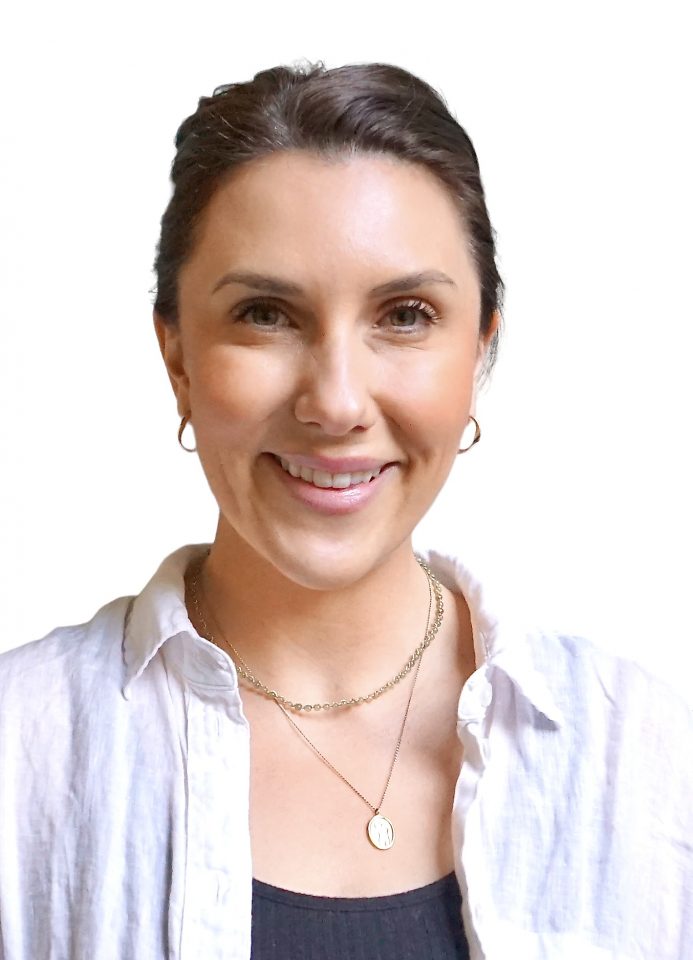
Name and Title(s):
Brooke Hannela – Physiotherapist
Where do you work?
- Surrey Memorial Hospital: Neonatal Intensive Care Unit (NICU) and Outpatient Pediatrics
- Kids Physio Group – South Surrey
What is the most rewarding part of your job?
Working in the NICU is a unique and incredibly rewarding area of practice. Being part of this chapter of an infant and family’s life is such a privilege. As physiotherapists, we have the opportunity to positively impact the long-term development and quality of life of these infants, which is so important. Seeing how these infants benefit from developmentally supportive care and family presence during their NICU stay is such a gift.
I also support children on their rehab journey following complex surgeries and or significant hospital stays. Being able to assist them in returning to school and activities they enjoy while seeing them gain confidence and independence is forever rewarding.
Why does physiotherapy matter?
As a physiotherapist working in paediatrics, our role in supporting a child’s optimal development and full recovery from injury can have a positive impact on their whole life ahead of them.
What is a common misconception with your work?
One of the most common questions I get is “ What does a physiotherapist do in the NICU?”. It is often thought we are doing a range of motion exercises or chest physiotherapy. While that may be true at times, the role of a physiotherapist in the NICU is so much broader. We provide one on one and group education to families about prematurity, and infant development and empower parents to best support their baby. We use our unique skills of assessment and treatment to help parents provide appropriate positive sensory stimulation through touch and movement. We use standardized assessments, provide community referrals and make connections to community resources for families after discharge. We support families through what is often the most difficult times in their lives and that of their children.
Physiotherapy in the NICU is an incredibly exciting field. Research continues to evolve and show the importance of early intervention and developmentally supportive care. As such, the role of a physiotherapist in the NICU is continually growing and evolving. The opportunities for ongoing professional development and career progression are constantly expanding.
What drew you to physical therapy?
I have always had a strong desire to work in healthcare. My love for learning about the human body and desire to make a positive impact on people’s lives drew me to the field of physiotherapy. I was very fortunate during the MPT program to have two incredible paediatric placement opportunities which opened my eyes to an area of practice I initially knew very little about. These definitely helped pave the way for me to find my passion area.
What is unique about what you do?
One thing that is unique about what I do is the variety of settings in which I work. I work across the continuum of care from inpatient intensive care to outpatient rehabilitation. I am also employed in both the public and private sectors. My typical day consists of mornings working in the NICU, where the majority of my caseload is extremely premature infants, and then afternoons working in an outpatient clinic with children up to 18 years of age.
I began my career solely in public practice but have also recently expanded to working in private practice at Kids Physio Group. It has been a wonderful experience learning firsthand how public and private physiotherapy practices intersect. Both are essential and can support each other in serving the needs of the paediatric population.
Although I treat children of all ages, the majority of my caseload across all settings is children under 1 year of age.
What is one thing we might be surprised to learn about you?
The first time I ever mentored UBC physiotherapy students was in India where I was their supervisor on an international clinical placement! This was a challenging yet rewarding opportunity to combine my passion for travel and learning about other cultures with my career. It is also a goal of mine to participate in more global health initiatives in the future.